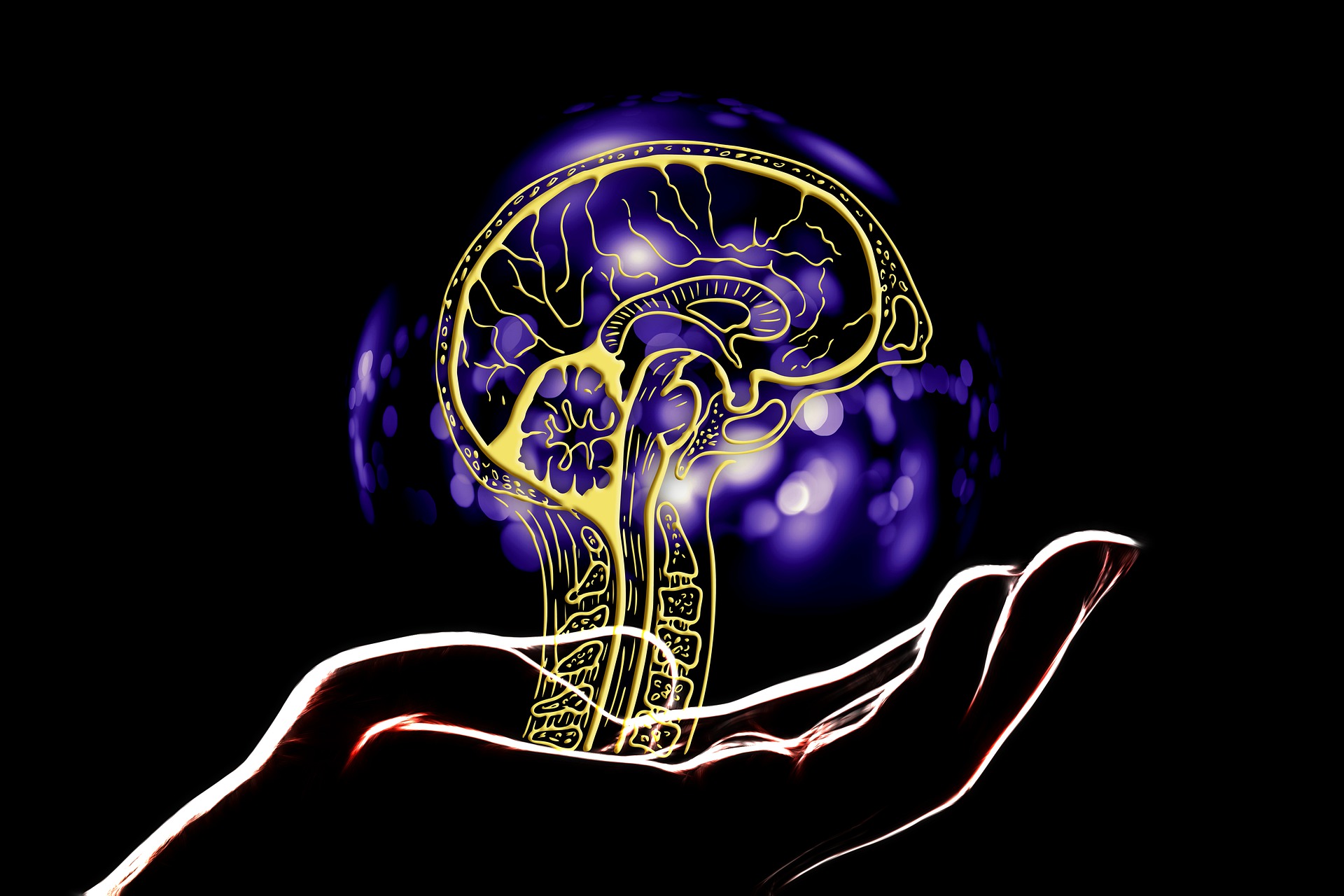The Complexity of Brain Injuries
The Complexity of Brain Injuries

Brain injuries are very complex injuries and most personal injury attorneys do not thoroughly understand the very severe after-effects such injuries can have, both on the person injured, and on his or her family and friends.
Anyone considering hiring an attorney for a brain injury case needs to be careful. The attorney should be a member of the Brain Injury Association of America and should have a lot of experience in handling these cases.
Brain injuries are not places for beginners to handle. This article explains much of what I’ve learned about brain injuries during my years of practice.
What are Traumatic Brain Injuries?All brain injuries are caused by an impact or disturbance of the brain, often through trauma but sometimes caused organically, or a brain injury caused by a stroke or heart attack.
When a brain that is injured through trauma has been caused by an external force exerting itself on the brain. This usually means a jolt or violent blow to the head or a penetrating injury into the brain cavity.
A traumatic brain injury often is the result of a fall; however, motor vehicle accidents also result in many traumatic brain injuries. People aged 75 and older have the greatest incidence of being hospitalized and dying from their brain injury.
A Traumatic brain injury is scaled as being either mild, moderate, or severe.
Effects of a Traumatic Brain InjuryMild injuries can result in just a temporary dysfunction of brain cells, brief loss of memory, while serious injuries can cause torn tissues, heavy bleeding, bruising, or other damage to the brain, causing long-term disease or death.
Penetrating injuries occur when pieces of the skull bone enter the brain. This type of traumatic brain injury has a high rate of torn tissues and heavy bleeding.
How a brain injury is classified depends on the presence or absence of unconsciousness or other altered mental state and the length of unconsciousness. The severity of other symptoms also plays into the classification scheme.
Even having a “mild” brain injury can result in long-lasting and serious complications.
Brain injuries as a result of trauma can affect cognition in a couple of ways:
- There are direct effects from the trauma, including prolonged unconsciousness or alteration of consciousness, amnesia of the event, learning difficulties, confusion, having trouble remembering new information, being unsteady, lacking coordination, having difficulty speaking, and difficulty with hearing or vision.
- There are potential long-term effects such as an increased risk of Alzheimer’s disease or other types of dementia that occur many years following the injury.
What to Do in the Case of a Brain Injury
If you experience a traumatic brain injury or know someone who has, seek medical attention as soon as possible, even if the symptoms seem mild.
If a person is unconscious for more than a minute, call an ambulance for medical attention.
Be aware that a loss of consciousness is not necessary for a brain injury to occur. An alteration of consciousness, such as dizziness at the scene may be enough.
This is also true if the person has seizures, has worsening symptoms, or has repeated vomiting.
A traumatic brain injury can have many causes. Some cause minor brain injuries, while others cause moderate or serious brain injuries.
The following are some of the ways the brain and head can be injured traumatically:
- Any severe jolt which can tear vessels in the brain
- Any severe blow to the head or jolt can cause the brain to move back and forth in the skull
- A blast injury from an explosive device
- A penetrating injury to the skull
- An injury causing bleeding in or around the brain
Common events that result in brain injuries include falls, such as slipping in the bathtub, falling out of bed, falling off ladders, or falling off steps.
Motor vehicle accidents are common causes of traumatic brain injuries and include automobile, bicycle, or motorcycle accidents, as well as pedestrian accidents.
Violence causes about 20 percent of all traumatic brain injuries. This includes domestic violence, gunshot wounds, and child abuse.
Sports-related injuries such as in boxing, football, soccer, skateboarding, baseball, hockey, and other extreme sports can cause traumatic brain injury.
Especially in the military, explosive blasts and related combat injuries cause traumatic brain injury. The mechanism of injury is believed to be secondary to the pressure wave from the blast traveling through the brain. Penetrating wounds to the brain and skull from gunfire also have a high risk of causing a traumatic brain injury.
California Brain Injury LawyerI’m Ed Smith, a Sacramento Brain Injury Lawyer serving all of California. Brain injuries can be devastating to both the individual who suffers the injury and to the friends and family of that injury. The effects are often felt most financially when unexpected medical bills and lost wages arise. This position can be paralyzing for anyone coping with a traumatic brain injury in their lives. This is why it is important to get advice to see if you have a claim to get the compensation you deserve.
I’ve been serving those with traumatic brain injuries in California since 1982 and know what needs to happen so your claim can be successful. Please give me a call today to get free and friendly advice on your situation. I can be reached at 916.921.6400 or 800.404.5400.
We are members of the Million Dollar Advocates Forum and the National Association of Distinguished Counsel.
See our client reviews on Avvo, Google, and Yelp, and our past cases on our Verdicts and Settlements page.
Editor’s Note: This page has been updated for accuracy and relevancy [cha 12.31.20]